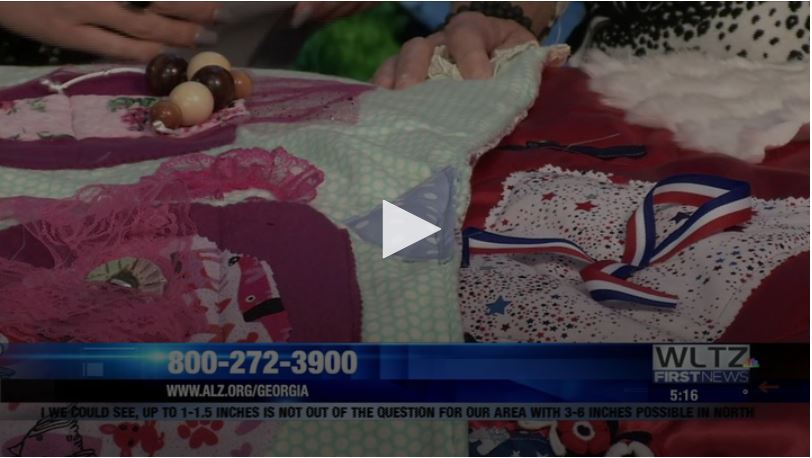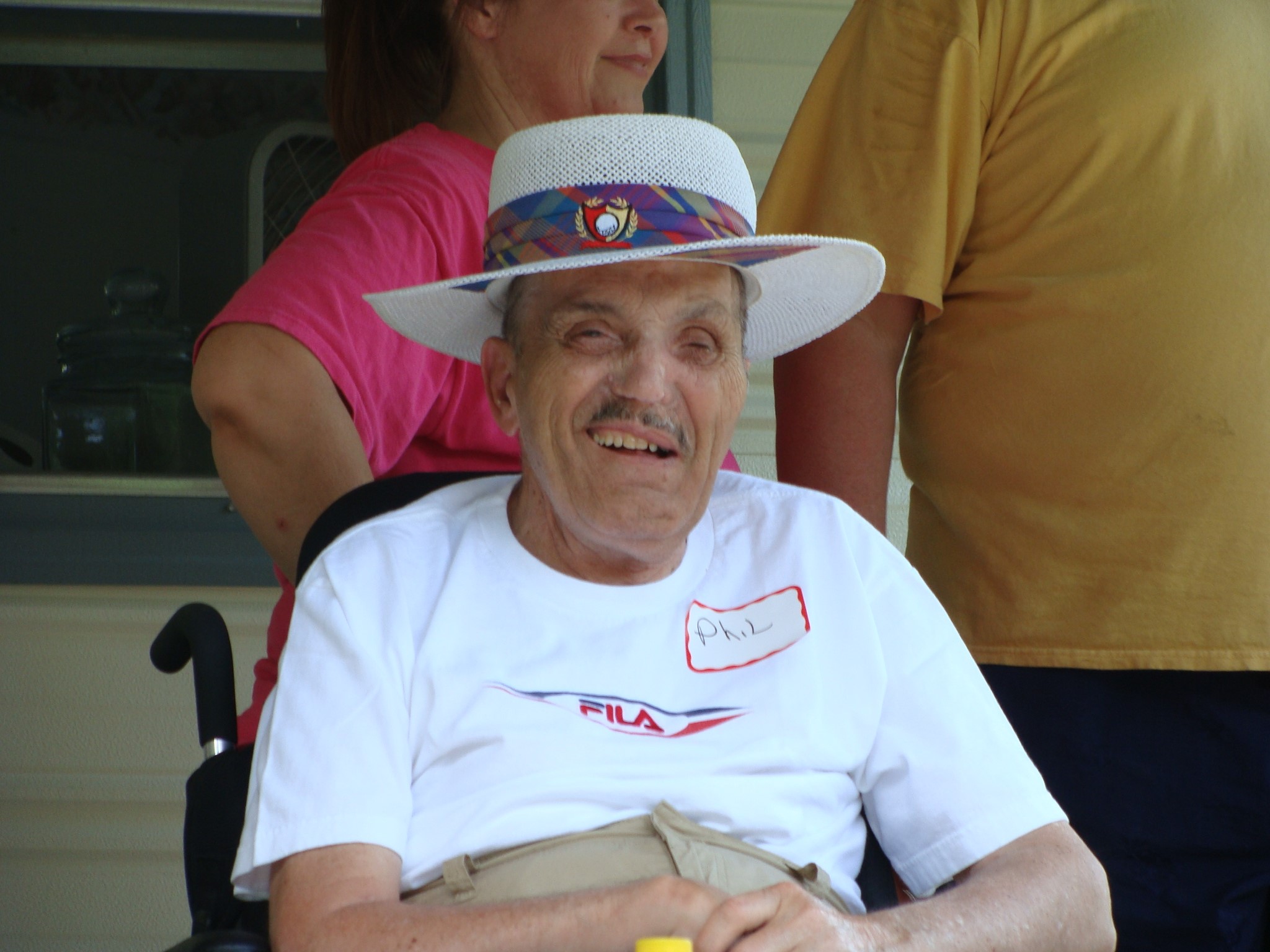Education
Nearly half of US caregivers provide help to older adults, or to someone with Alzheimer’s or another type of dementia. Therefore, there is a substantial need for education and enhanced understanding regarding the disease. We will cover a number of the topics including: Home Care, The Stages and Manifestation of Alzheimer’s Disease, Home Modifications, Daily Living Activities, Managing Wandering, Caregiving Stress, Medicare and private insurance, and Financial Counseling.
Medical
Equipment
Collecting and repairing medical equipment and redistributing to families without insurance, whose insurance will not provide the required equipment (underinsured) or for equipment needed before insurance benefits begins. Examples of equipment include new wheels for wheelchairs, lifts, new mattresses for hospital beds, walkers, bed rails, generic over the counter medical supplies.
Home
Modifications
Each person with Alzheimer’s is different – both in the stage of the disease and its manifestation of symptoms. Therefore, while there are numerous home modifications that facilitate safely caring for your loved one with Alzheimer’s not all modifications will apply in every situation. Phil’s Friends, along with suppliers and local contractor partners will provide many of the various modifications needed (i.e. build and install ramps, widen doorways for wheelchairs, and modify bathrooms one family at a time.
Fidget Quilts
A Fidget Quilt or activity blanket is a lap quilt that provides sensory and tactile stimulation for the restless hands of someone with Alzheimer’s and/or other forms of dementia.
A group out of Newnan, Georgia makes them for free!
If you would to get one for your loved one, call 1 (800) 272-3900 or visit https://www.alz.org/georgia.
ONLY 16% OF SENIORS RECEIVE REGULAR COGNITIVE ASSESSMENTS DURING ROUTINE HEALTH CHECK-UPS.
Detecting possible cognitive impairment is the first step in determining whether or not patient needs further evaluation. Because the use of a cognitive assessment instrument can improve detection of dementia in primary care settings, the Alzheimer's Association has identified several brief tools to evaluate cognition, all which can be administered in five minutes or less by a physician or other trained staff.
Read More


